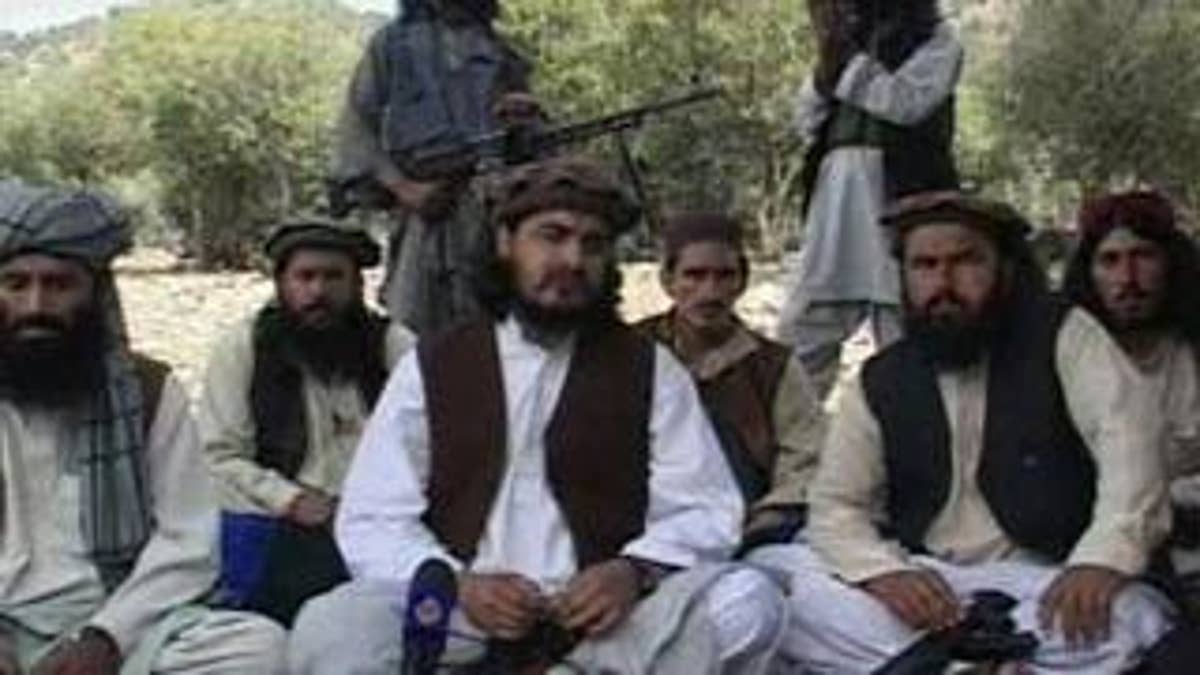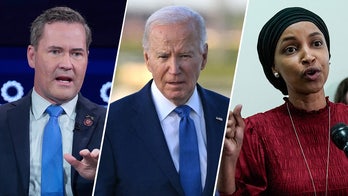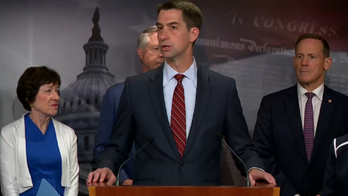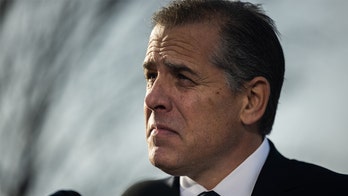
As President Obama and his war council search for the most effective military and political strategy in Afghanistan, some are questioning whether the lengthy process is playing right into the hands of the Taliban.
The U.S. has the distinct fighting advantage in this war -- more firepower, superior weapons and a larger fighting force -- but critics say the ongoing deliberations in Washington are putting American troops at a distinct disadvantage -- and in harm's way.
"When [the Taliban] see us acting in an unsure manner, they're able to go out to all the villages and different people and say America is going to pull out," Rep. Duncan Hunter, R-Calif., told FOXNews.com, adding that Taliban forces will use that argument to gain support.
"Counterinsurgency policy means we go in and get the Afghan people on our side. Make friends," said Duncan, a Marine who served in Iraq and Afghanistan. "The opposite of that is nobody wants to be our friend."
Obama is currently weighing whether sending more troops to Afghanistan, as requested by the top U.S. commander there, is the right strategy to win the war -- and whether it is worth the number of American lives that may be lost.
The president's war council appears to be divided. Some support Gen. Stanley McChrystal's request for up to 40,000 more troops on the ground, while others favor scaling back the effort and focusing on attacking Al Qaeda in Afghanistan and Pakistan.
There are also political considerations for Obama: many of his fellow Democrats oppose an escalation while Republicans, who are largely opposed to his domestic agenda, largely support a troop buildup.
The Taliban, on the other hand, have no such domestic considerations. Bent on regaining control of Afghanistan by any means necessary, they do not have to face the same issues or political ramifications of their decisions.
It reminds some analysts of North Vietnam 40 years ago.
"That hits the nail right on the head," said Lt. Col. Anthony Shaffer, a former Army intelligence officer who served under McChrystal and is now a reservist with the Center of Advanced Defense Studies. "We're dealing with an enemy that doesn't have to worry about oversight."
"The current policy is not going to win us the war," Shaffer said. "The best we can hope for is to somewhat stop the bleeding. We're suffering from five years of neglect."
The war Afghanistan got off to a good start in 2001. U.S.-led coalition forces quickly ousted the Taliban from power. But when the U.S. shifted its focus and most of its resources to Iran, the Taliban were able to regain strength, and now they are close to reclaiming power.
In their resurgence, the Taliban have struck fear in the hearts of Afghans. In August, having vowed to disrupt elections, they cut off the fingers of some people who voted.
But their ruthlessness is not necessarily an advantage, Shaffer said.
"If you're talking about savagery, they have that over us in spades -- because we're a good moral people and we don't want to break laws," he told FOXNews.com, adding that establishing law in the country is key to the American mission.
The dilemma facing the White House isn't new. Ever since Vietnam, administrations have struggled with Americans' low tolerance for casualties. Nearly half a century ago, the Viet Cong and North Vietnam didn't appear burdened by the same considerations, leading the U.S. into a quagmire that lasted 16 years. Now, eight years into the Afghan war, Obama must decide whether sending more troops is the right way to end it.
While some say the delay in action helps the Taliban, others are not as worried.
"We hold ourselves to a higher standard. It's a burden we're happy to bear," said Brad Goehner, spokesman for Rep. Ileana Ros-Lehtinen, the top Republican on the House Foreign Relations Committee.
"As we look at the different objectives that each side has, the Taliban is to wreak havoc, ours is to work with the Afghan government, help them create a stable, democratic future," he said. "I don't view that as burden. I view that as the objective of the mission. It's important to note, it's not just the objective of the U.S. but also the Afghan people."
While there are similarities between the Taliban and the Viet Cong, there are also differences, Shaffer said.
"The Taliban are not well liked by the Afghan people, and that's why we did so well early in the war," he said. "The Taliban were oppressors."
Shaffer supports McChrystal's troop request, saying the U.S. needs to make the Afghan population feel secure, and he compared the significance of the war to World War II.
"And so do we need to focus on bringing stability? Yes. Do we have to bring democracy? No."




